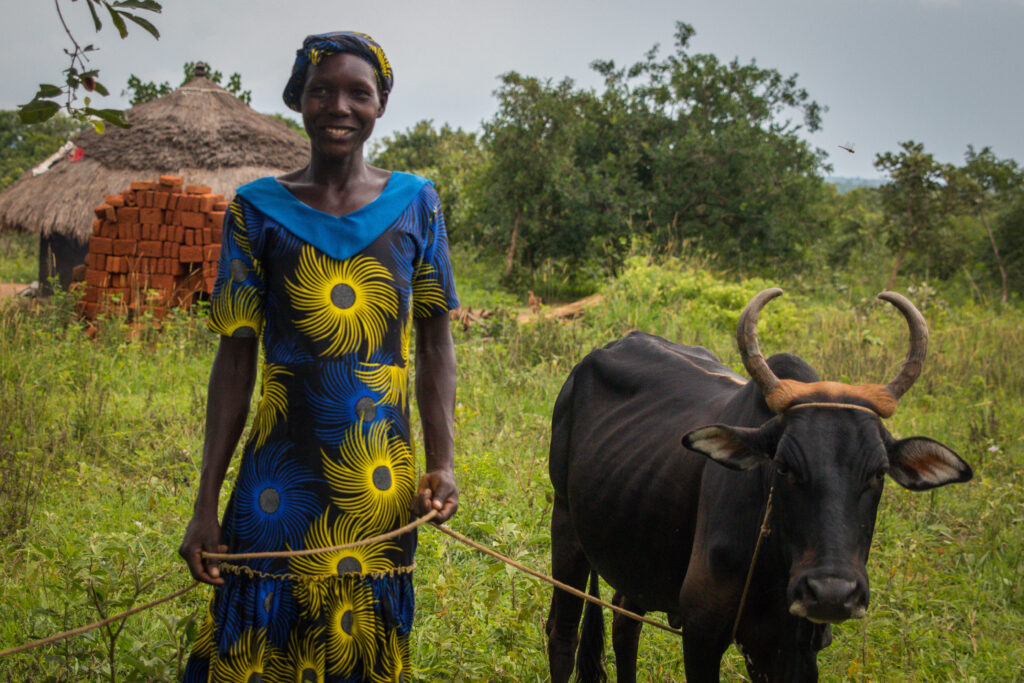The UN must stop and prevent hunger crises

World leaders are currently gathered at the UN General Assembly in New York. Global hunger crises are one of the topics under discussion.
Caritas is among the 238 organizations that have signed an open letter calling for immediate action to end the suffering and making a series of recommendations on what is needed to prevent and prevent new hunger disasters.
- We call on UN member states to show political leadership on the global food crisis by turning promises into immediate action. Preventing and mitigating hunger, now and in the future, must be a top priority at the UN General Assembly. This means providing enough, fast, flexible and multi-year funding to save lives now, and a pledge to work together to achieve Sustainable Development Goal 2 and end hunger crises once and for all," the organizations write.
From Somalia to Haiti, South Sudan to Yemen, Afghanistan to Nigeria, people already living in extreme conditions are now also affected by hunger crises, brought on by conflict, climate change, rising prices and economic crises - which in turn are the ripple effect of Covid-19 and the Ukraine war.
- Currently, 50 million people are living on the brink of starvation, while over 345 million are struggling to feed their families and are at risk of starvation.
Failed so far
The international community has so far failed to reach out to the most vulnerable. Instead, the focus has been on solving political and economic crises. Political leaders have made promises to take action, but little change has been seen so far.
- In a world of abundance, letting people starve is a political choice. We call on world leaders for urgent action and enough funding to save 50 million people from starvation. In addition, financial support to make vulnerable countries and communities more resilient must be increased. And measures must be put in place to anticipate, prevent and prepare countries for future crises, including climate finance and debt relief.
Prevention pays off
We repeatedly miss out on preventing hunger by not reacting quickly enough, building resilience and investing in enabling developing countries to deal with hunger crises in the future. If the pandemic has taught us anything, it's that prevention is more humane and much more affordable than waiting to act.
- We've already lost far too much time - the families we work with every day need action NOW. The lives of millions of girls, boys, women and men depend on the bold and courageous actions you, the UN member states, take - or fail to take - when you gather at the UN General Assembly in the coming weeks. We must not let people starve to death on our watch. There is no place for hunger in the 21st century.